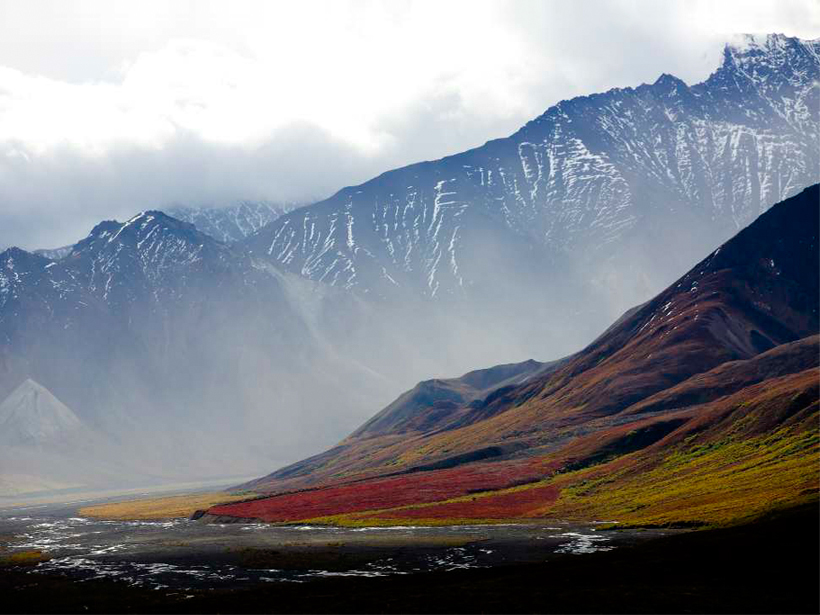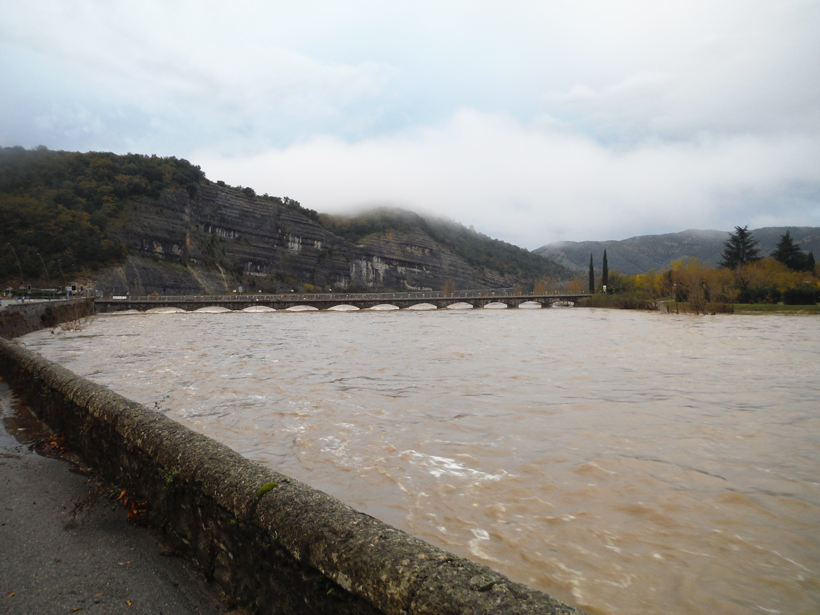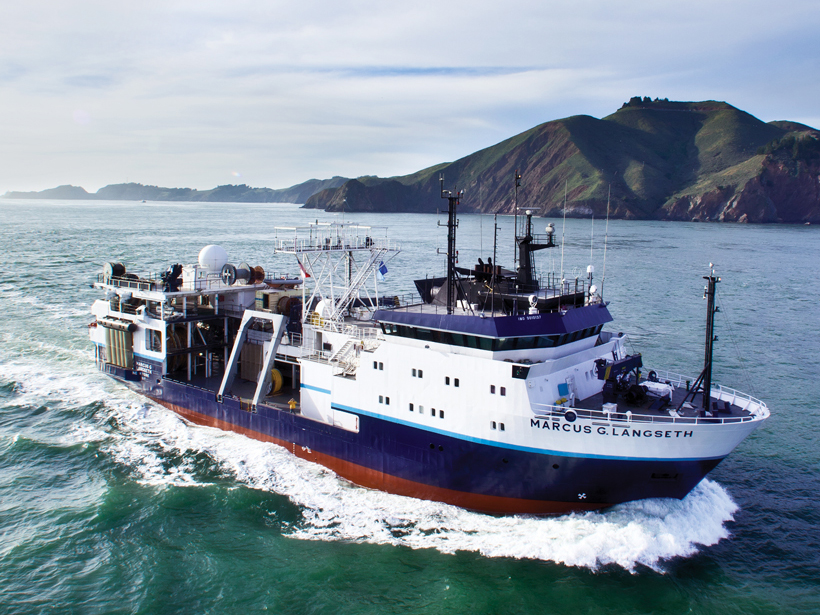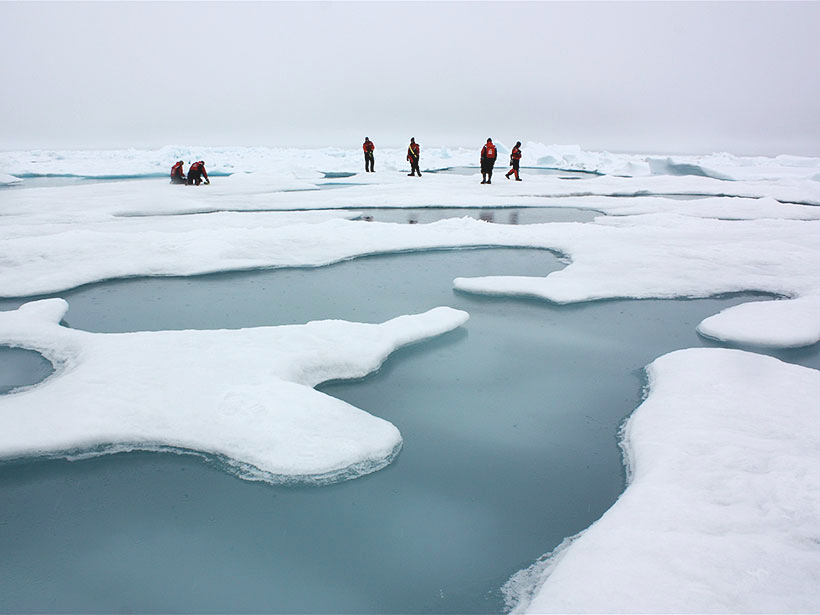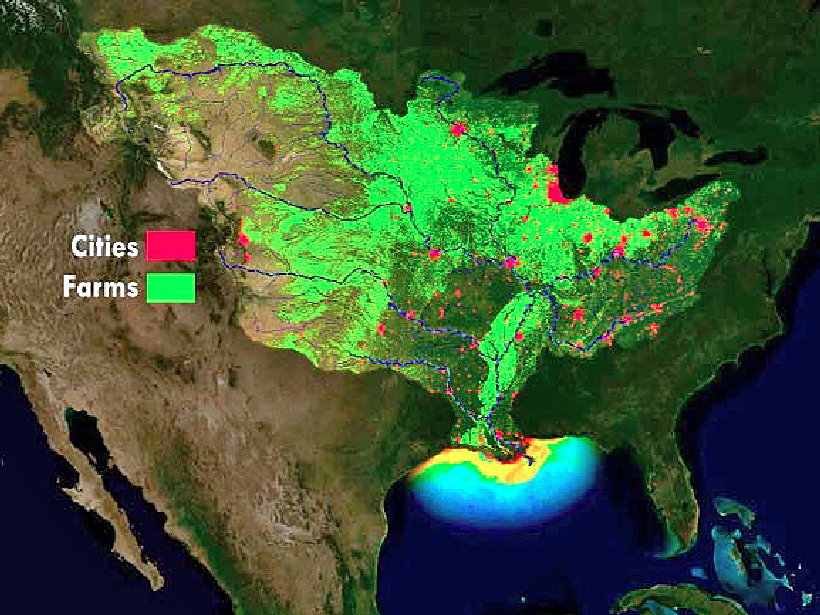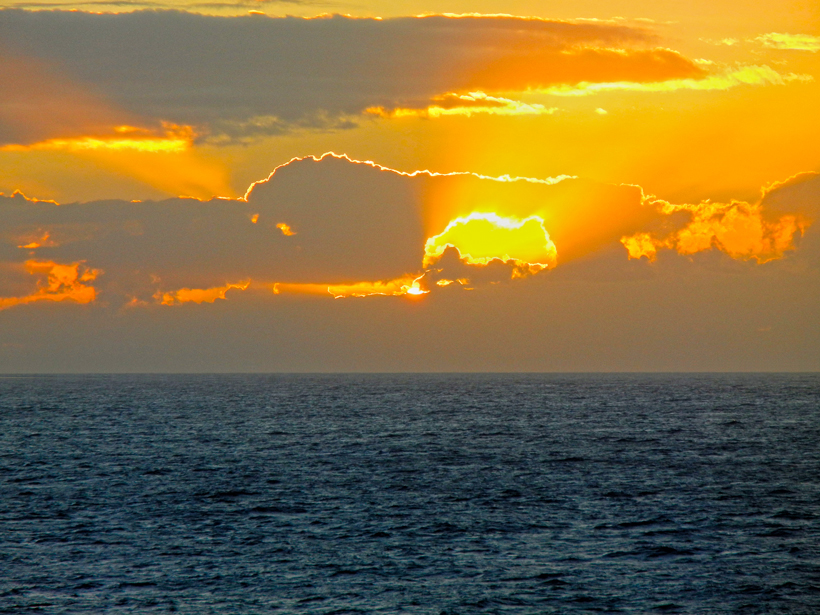Field experiments examine the effect of rising temperatures and drying soils on carbon dynamics in the Arctic.
Climate Change
What Climate Information Is Most Useful for Predicting Floods?
Basing forecasts on data that preserve variations over space yield more reliable predictions than using standard numerical measures of climatic cycles' intensity.
Coping with Future Water Woes in the Western United States
Water Scarcity in the West: Past, Present, and Future; Davis, California, 6–7 April 2015
A University-Government Partnership for Oceanographic Research
After 44 years of coordinating the U.S. academic research fleet and facilities, the University-National Oceanographic Laboratory System (UNOLS) gears for the future.
The Future of Antarctic Subglacial Lake Exploration
Antarctic Subglacial Lake Exploration: First Results and Future Plans; Chicheley Hall, U. K.; 30–31 March 2015
Tailpipe Study: Newer Trucks Emit More Black Carbon
A surprising increase is reported in Europe regarding the global warming agent as tougher emissions standards are unveiled in the United States for trucks.
Pope Calls for Action on Climate Change, Environmental Degradation
Papal encyclical urges strong efforts to protect the environment and the world's poor.
Improving Predictions of Arctic Sea Ice Extent
Scientists in the Sea Ice Prediction Network share and discuss their user-oriented forecasts of seasonal sea ice in a changing Arctic.
Connecticut-Sized Dead Zone Expected in Gulf of Mexico
An ensemble of four computer models evaluated river runoff, wind patterns, and other factors affecting the extent of oxygen-poor waters near the Mississippi River's mouth.
Dispelling Clouds of Uncertainty
How do you build a climate model that accounts for cloud physics and the transitions between cloud regimes? Use MAGIC.

